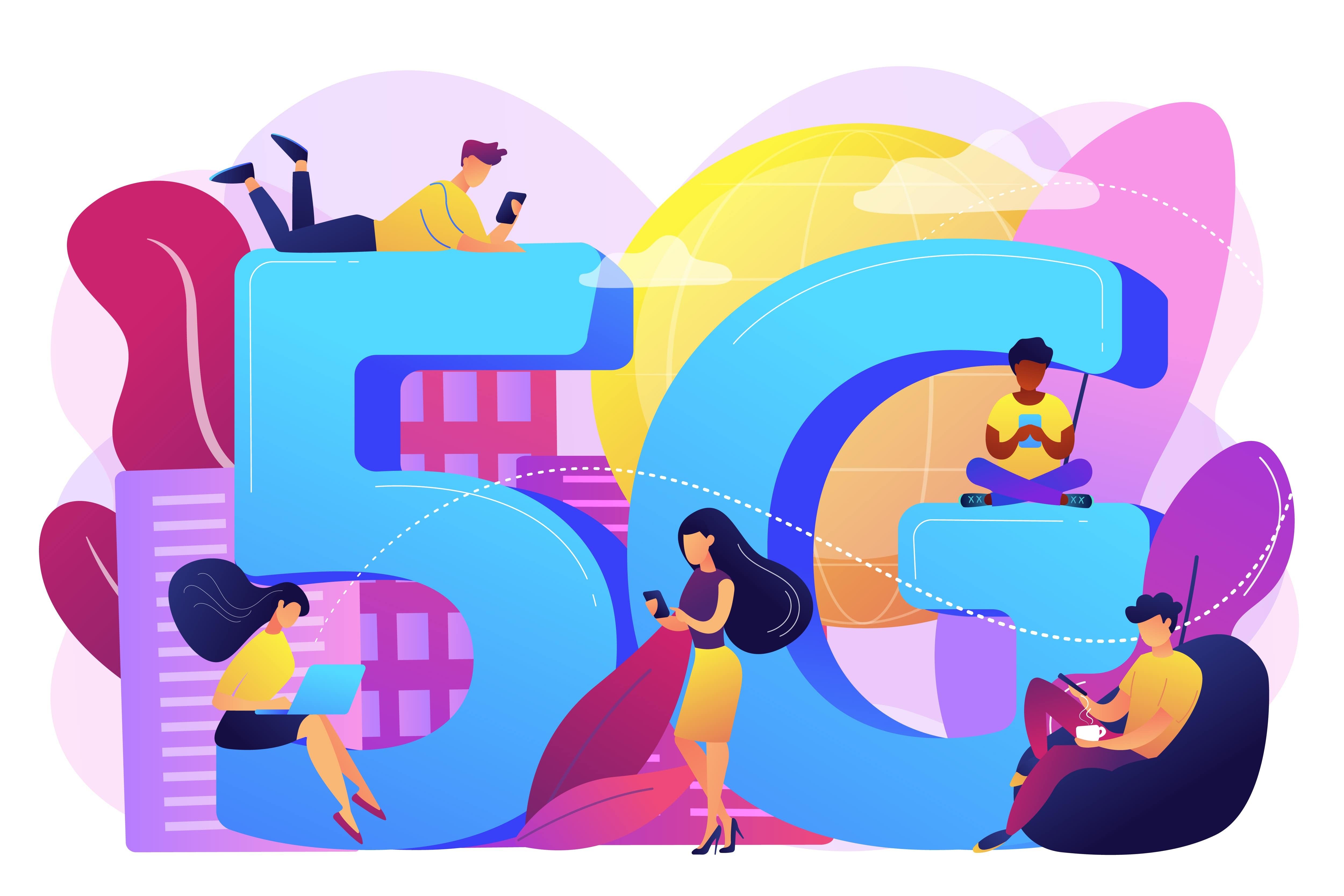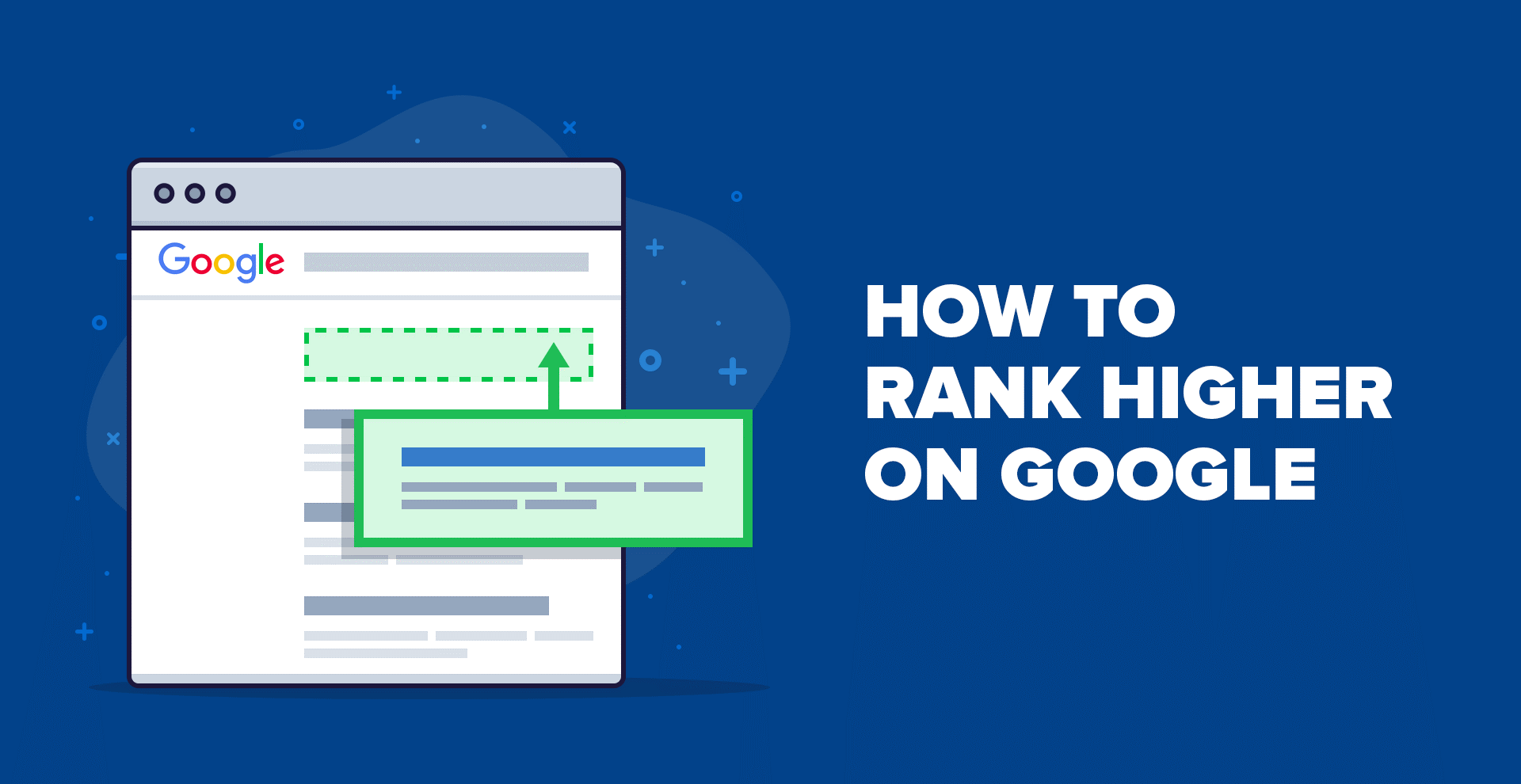
The rollout of 5G technology is considered a revolutionary force of technology that has swept industries and businesses. With mobile app development backing, these two are capable of making wonderful innovations. As the fifth generation of mobile networks, 5G brings us unprecedented speed, unparalleled connectivity, and impeccable efficiency. It is altering the course of mobile app development as we know it. This article discusses the profound impact of 5G on mobile app development. We will also shed light on the benefits, challenges, and future implications of 5G with mobile app development in hindsight.
Decoding 5G Technology
5G, or fifth-generation mobile network technology, as we call it, represents a shift in technology from its predecessor, 4G LTE. Known for its higher data transfer speeds, lower latency, and increased connectivity, 5G is the most happening thing of 2024. With these improvements and enhancements to the predecessor technology, developers are able to develop and design more robust and responsive applications. 5G is reflected in the way users interact with their devices and digital content. The primary attributes of 5G are:
- Higher Speed: 5G networks can deliver data at warp speed in comparison to 4G. It speeds up to 10 Gbps, far surpassing its predecessor which stood at merely 1 Gbps.
- Lesser Latency: The latency in 5G networks is decreased to 1 millisecond or even lesser than that when we put it opposite to 4G networks that had the latency around 30-50 milliseconds.
- Increased Connectivity: 5G supports more than 1 million devices per square kilometer, which is a huge accomplishment considering its direct impact on the expansion of the Internet of Things (IoT).
Impact on Mobile App Development
The advent of 5G is set to alter and remodel mobile application development solutions scenarios in several key areas:
1. Enhanced User Experience
Speed and Performance: The high-speed capabilities of 5G allow will bring faster data transmission that will directly reflect in the app performance. Mobile applications that use real-time data will benefit from reduced buffering and lag. It will lead to more engagement from visitor’s end. This enhancement will sanction more sophisticated and responsive applications.
Seamless Multimedia Experience: With 5G, mobile app developers are able to integrate HD video streaming and augmented reality (AR) features with minimal amount of latency. This capability reflects in higher than usual user engagement and satisfaction that every streaming company, website, or application aims for.
2. New Opportunities for Innovation
Augmented Reality (AR) & Virtual Reality (VR): 5G’s low latency and high bandwidth will directly influence AR and VR applications and will likely open new avenues for innovation. An AR app development company can create immersive experiences without carrying out connectivity issues or lag. They will develop interactive, responsive, high-performing apps with AR and VR inclusion.
IoT Integration: 5G’s can support IoT or a vast number of connected devices, which was earlier not so easy with 4G LTE. Mobile apps are now able to control and interact with a plethora of smart devices. It has led to an improvement and refinement in their functionality and scope.
Edge Computing: Since 5G supports edge computing, it will improve the efficiency of data handling of most cloud-based servers. In addition to this, it will enable apps to perform better, carry out complex computations and analytics in real-time.
3. Improved Mobile Application Development Services
Faster Development Cycles: Because of the higher network speeds and less latency, the development and deployment time of the mobile applications is accelerated. 5G lets developers test quicker and deploy updates and new features more swiftly. Partnering with a mobile app development company can help streamline this process and ensure the applications are optimized for 5G technology.
Improved Cloud Integration: 5G’s high-speed connectivity can lead to better and improved cloud service integration that is necessary for seamless and uninterrupted synchronization of data and real-time updates across devices. This sort of integration is mandatory in apps which deal in data sets and require constant data exchange and synchronization.
Challenges
Some pertinent challenges that may accompany 5G services include network infrastructure inconsistency, data and privacy concerns, and compatibility issues. Developers must remain vigilant of these vulnerabilities and tackle them in their early stages to avoid any regrets in the later stages.
In Finality,
The arrival of 5G technology can be disruptive for many reasons. It is overthrowing its predecessors and other forms of connectivity because of the faster speed and lower latency. The fifth-generation connectivity also marks a new advancement and innovation in the mobile app development realm which can greatly benefit from better connectivity. It has made the development and design of sophisticated, responsive, and immersive apps possible and easier. However, there are some contraindications and challenges that accompany mobile app development through 5G.
If navigated and trodden carefully, developers can overcome infrastructural, security, and device compatibility issues. It is in the best interest and of immense benefit to the businesses to partner up or team up with a custom app development company that offers mobile app development services.



